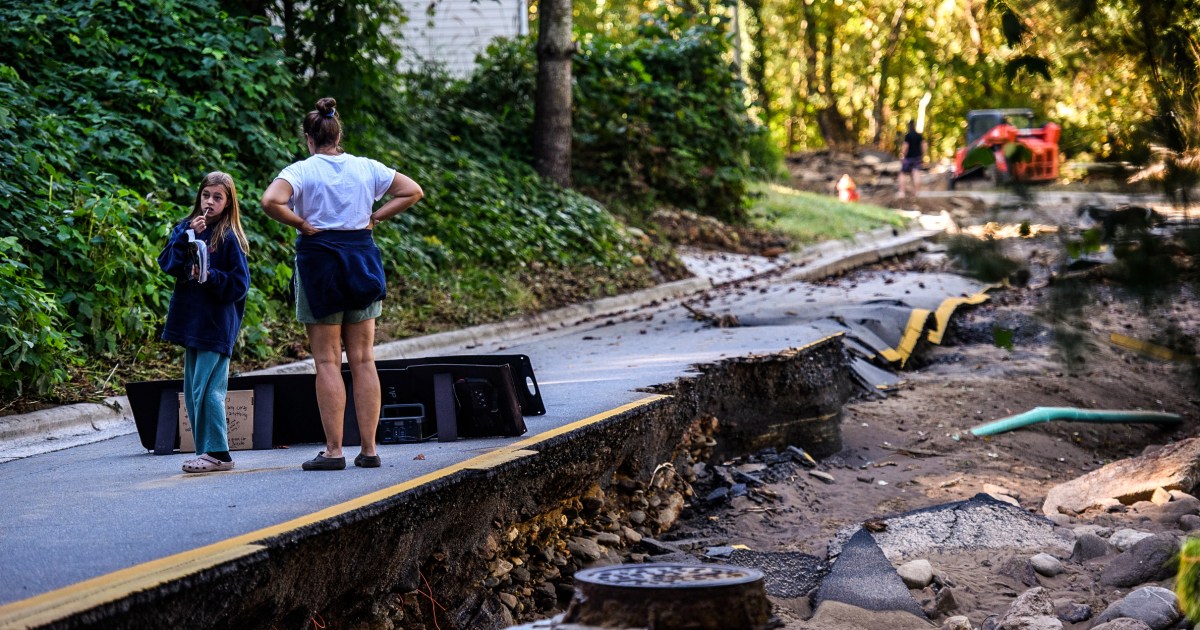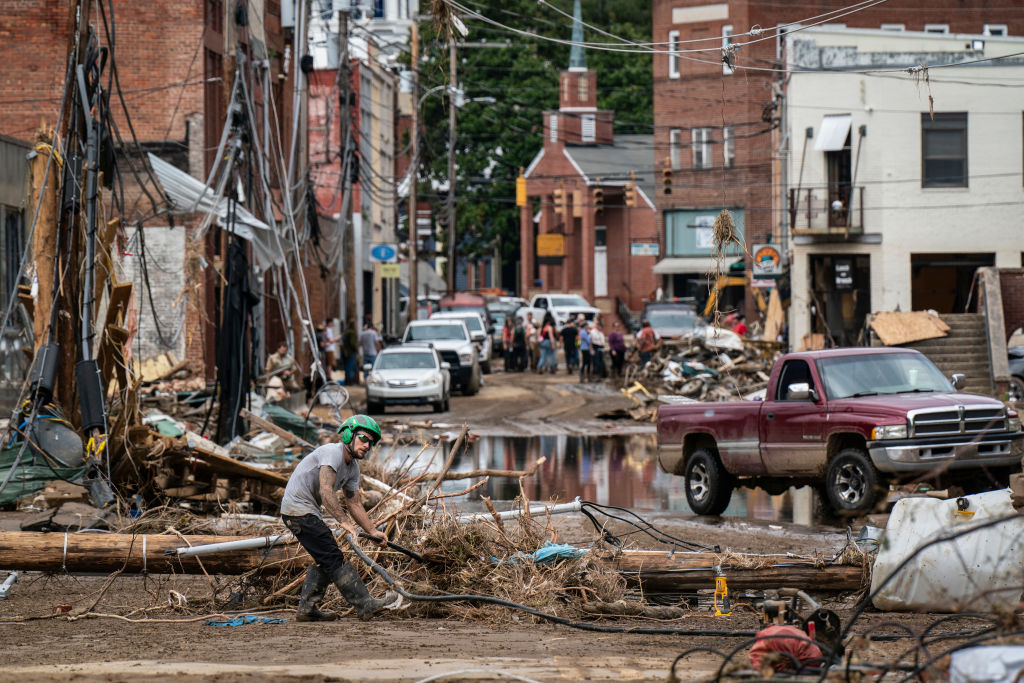- Reaction score
- 20,504
- Points
- 1,280
You have just described the US govt.Yes, they're two different things. I assume pretty much everyone understand this, and that each of those two sets of demands have to be satisfied. The people responsible for checking the boxes in the legal process for requesting and activating assistance have to do their job, and the people responsible for finding the money to make things happen have to do their job. Are they doing their jobs with a sense of purpose, right now?
The question "Why aren't the authorities getting it done?" is just shorthand for "Why aren't the authorities completing the processes and getting the money flowing, and doing it quickly?"
If someone is the guy in charge, and his excuse for inaction is that he's waiting for his superiors to move...well, part of his job is to push his superiors to move. If he won't, he should resign right there and then.
These are the folks that every year, the federal (incl military) employees don’t know if they’re paid past Oct 1 (beginning of FY) bc their pay depends on the budget being approved. It almost never gets approved in time in recent years, so they have Continuing Resolutions to pay their folks and allow business to continue for a month or so at a time.
They make the Canadian govt seem agile.





